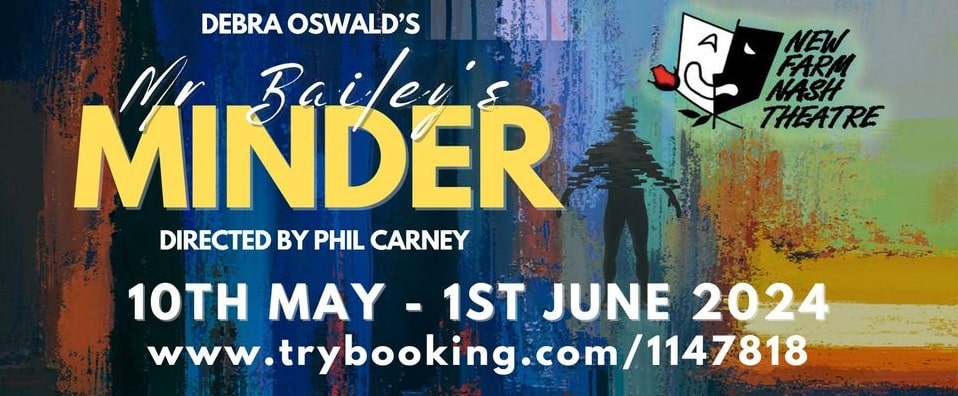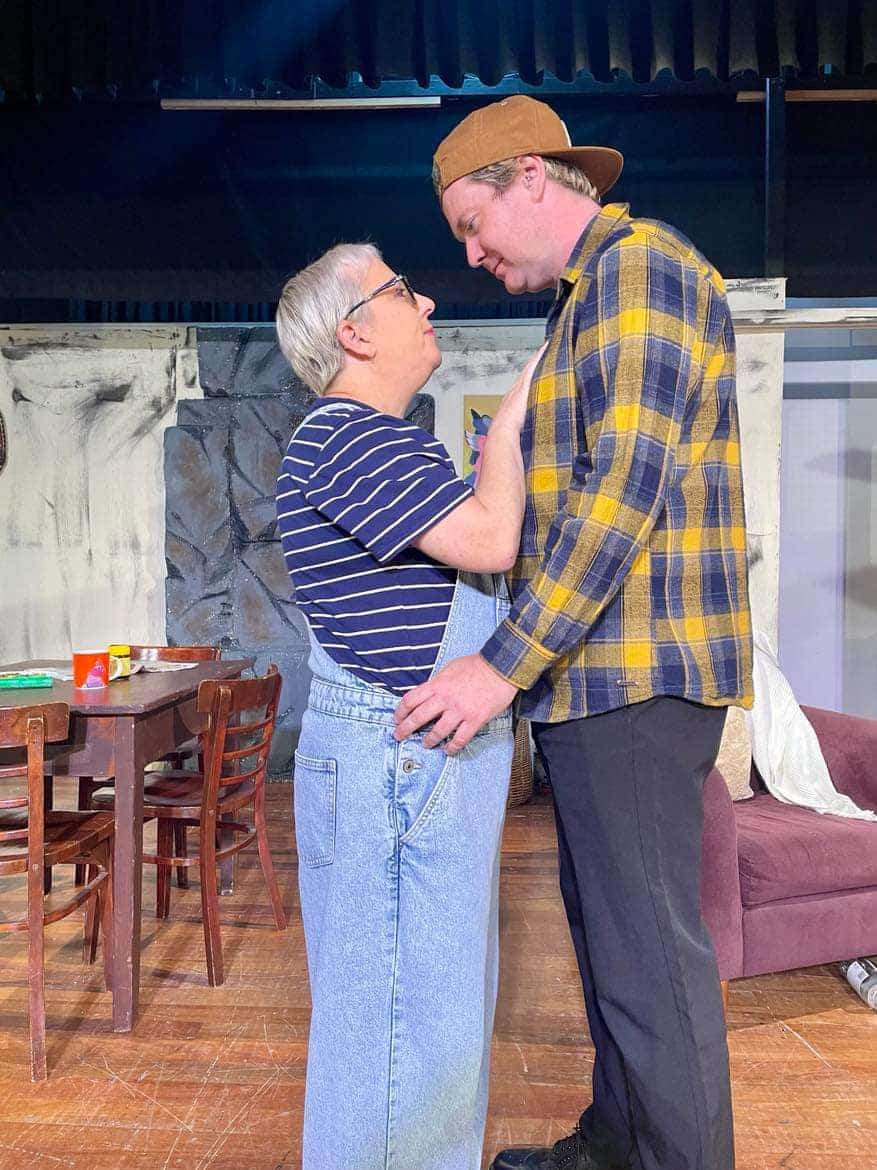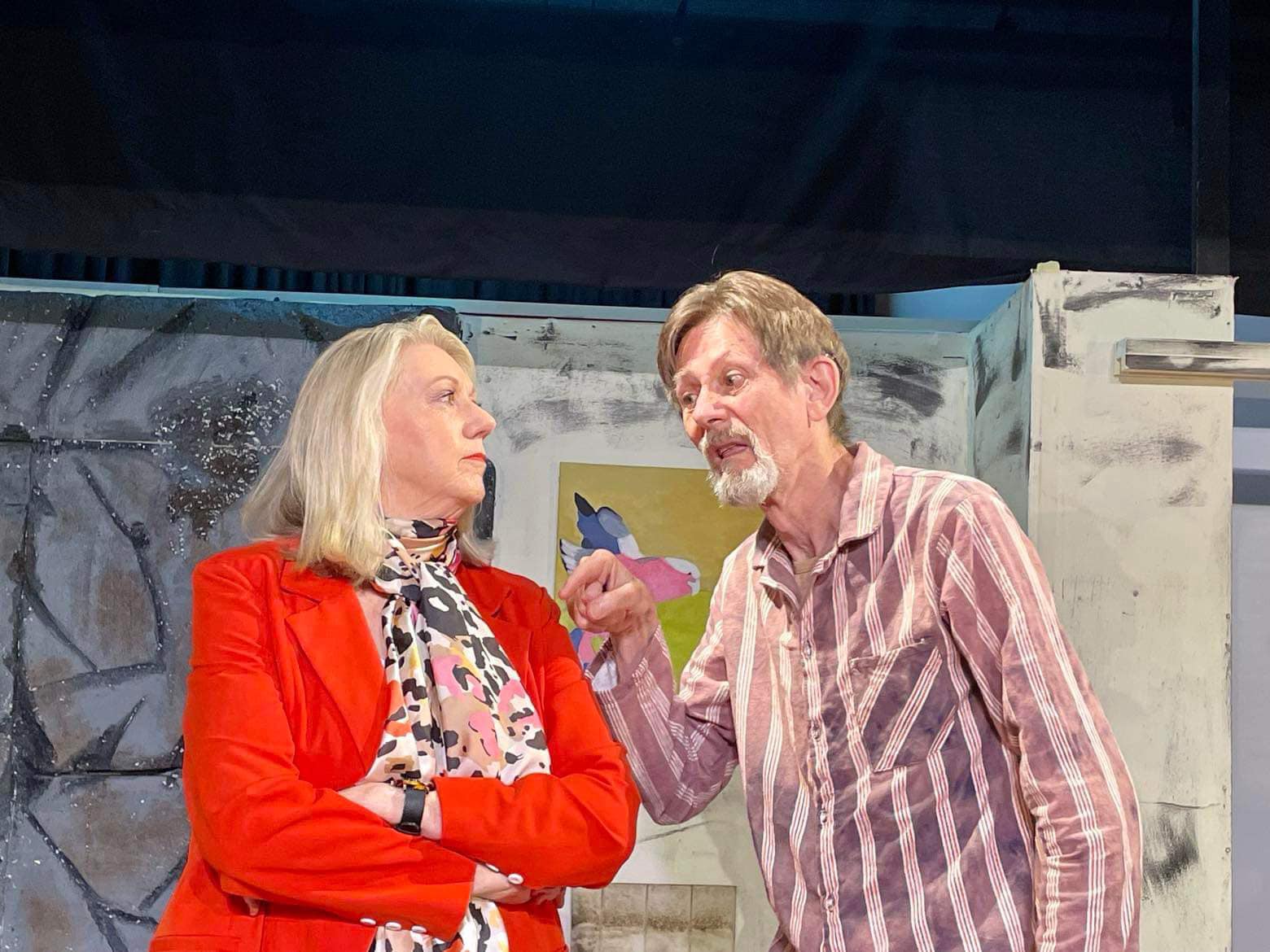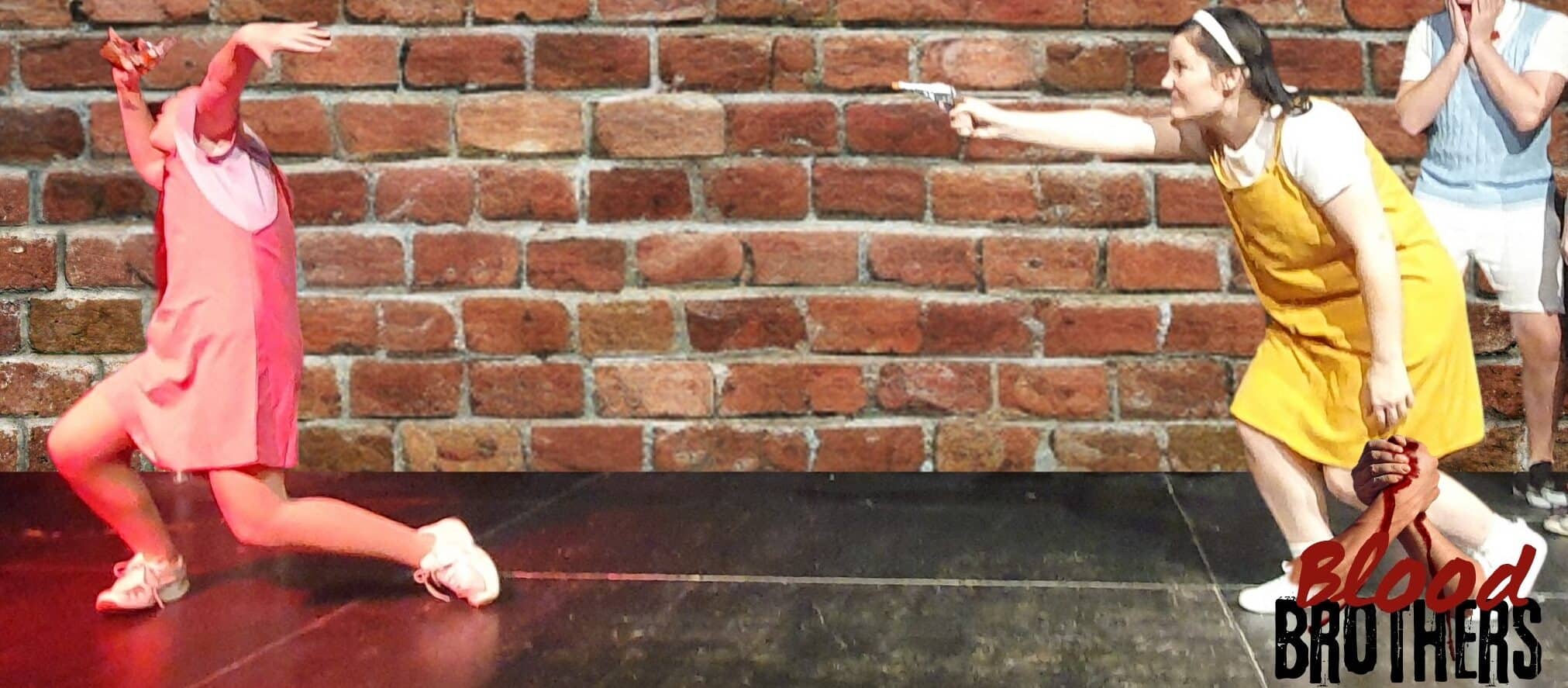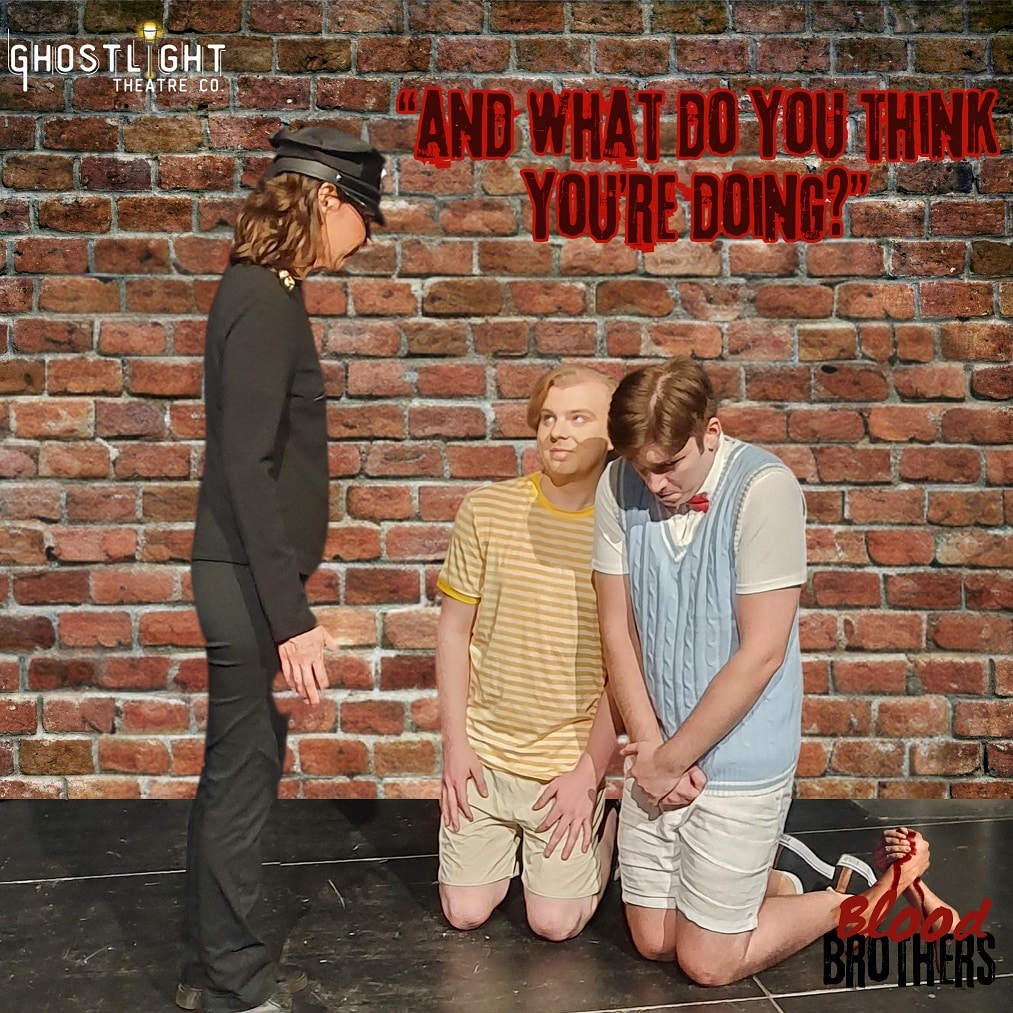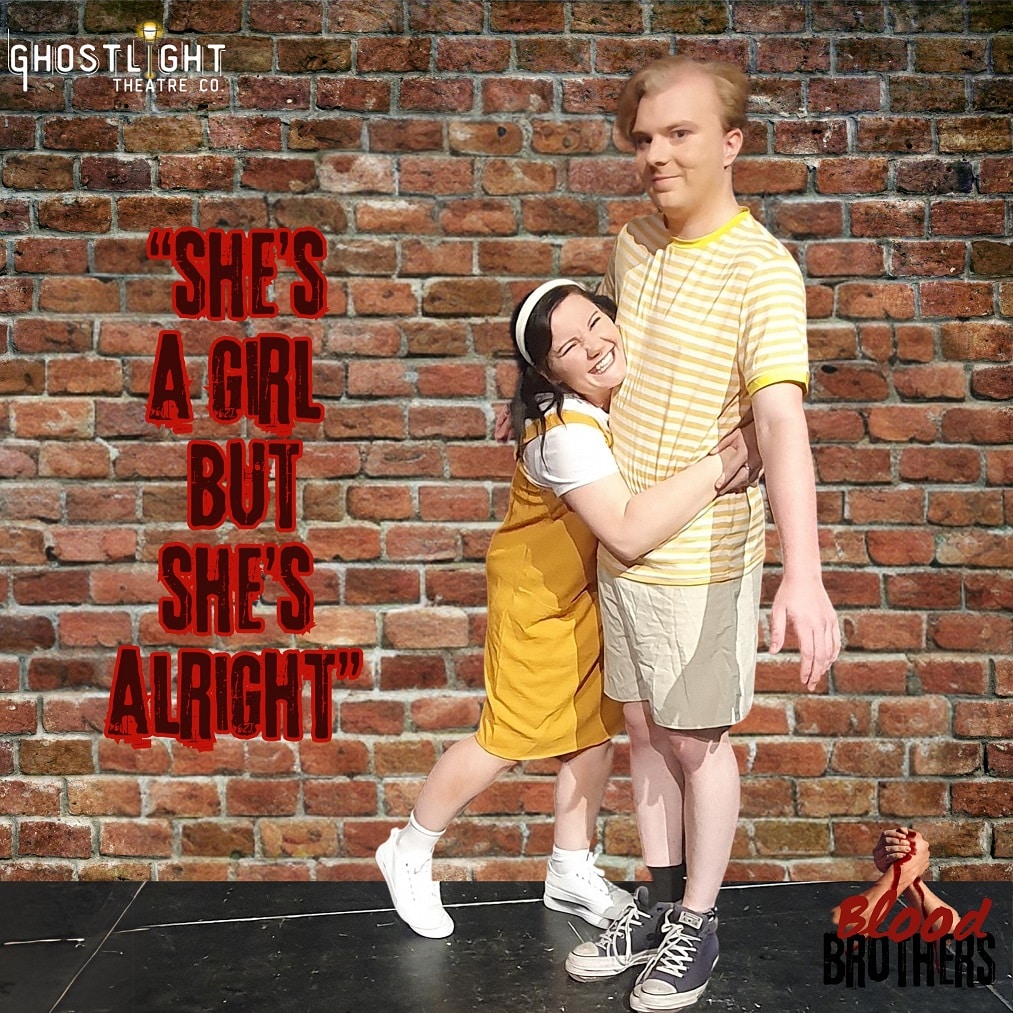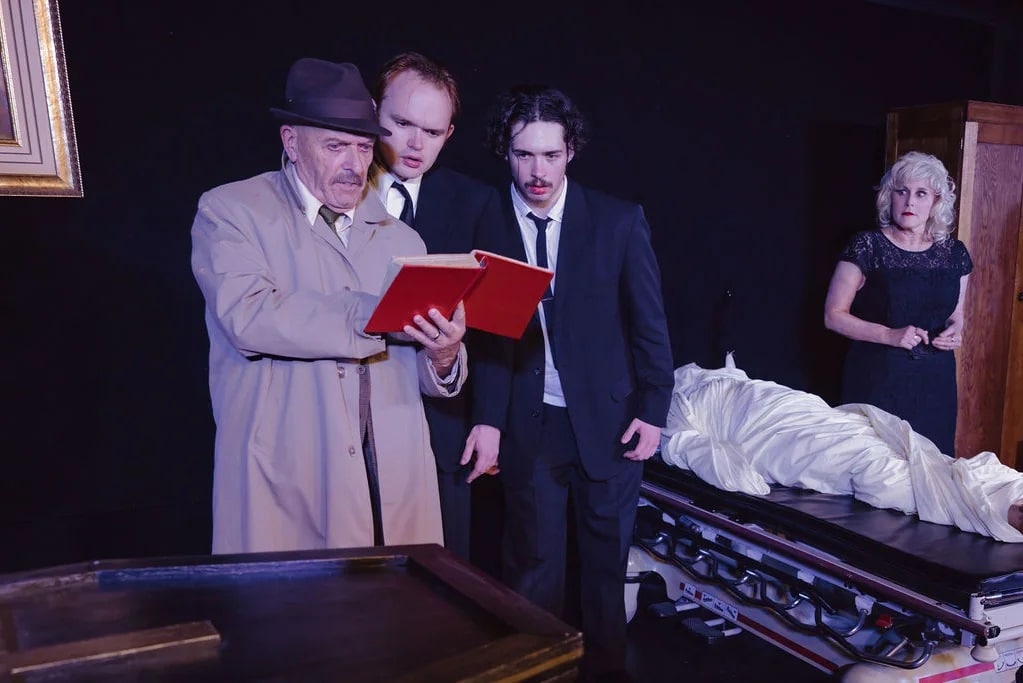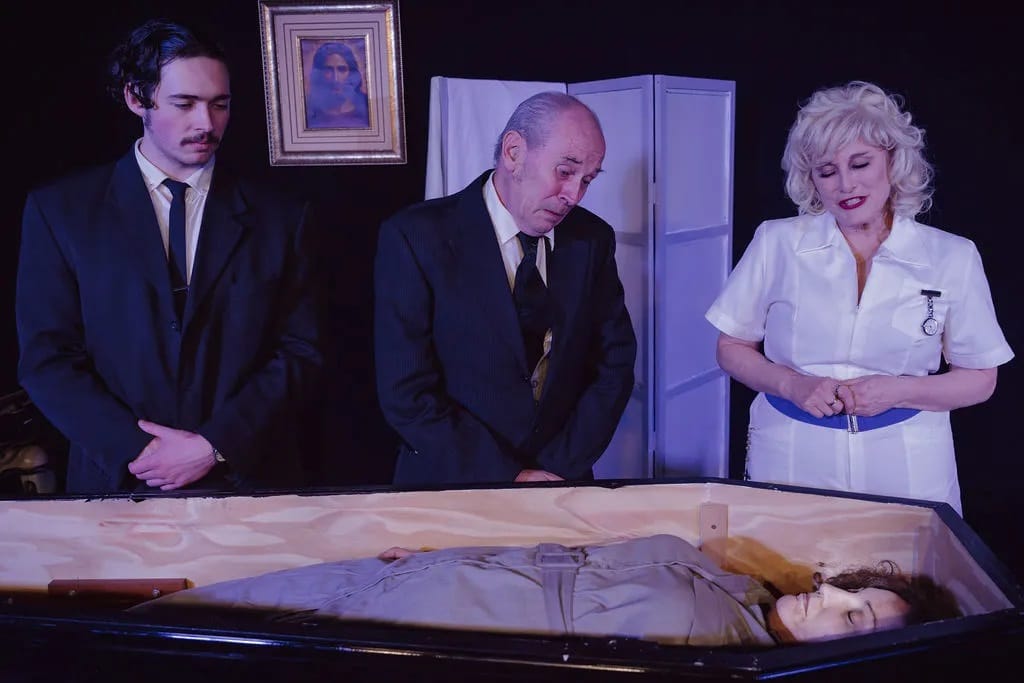According to theatre director Tim Hill, he asked himself how he could get the massive Broadway production of Stephen Sondheim’s “often forgotten masterpiece” Merrily We Roll Along done in Brisbane’s smallest theatre, Ad Astra. He answered the question admirably by getting a great cast and crew. Friday’s show was to a packed house that thoroughly enjoyed it.
The musical, told in reverse, starts with Frank, a rich and famous songwriter and film producer (Stephen Hirst) at a party in his swank Los Angeles pad in 1976, after the premiere of his latest film. The years roll back, and we watch how he went from a penniless composer, along with his oldest friends, theatre critic Mary Flynn (Natasha Veselinovi), and Pulitzer-winning playwright Charles Kringas, Frank’s former best friend and lyricist (Alex Watson).
All three were primed to change the world through words and music. However, success opened doors that led them away from what, and who, they loved the most. Misplaced marital trust, infidelity, unrequited love, an absentee father, drugs and alcoholism, almost all the gritty themes of our industry get illuminated, as we bop along to Sondheim’s brilliance buoyed by the talent of the exceptional players.
Most of the cast plays ensemble roles. But Jordan Twigg gives a gorgeous femme fatale feel to Gussie’s role. Chris Kellet gives Joe Josephson a creditable New York Jewish accent and feel. Heidi Enchelmaier gives Beth Spencer, Frank’s first wife, a poignancy, difficult to deliver in a musical.
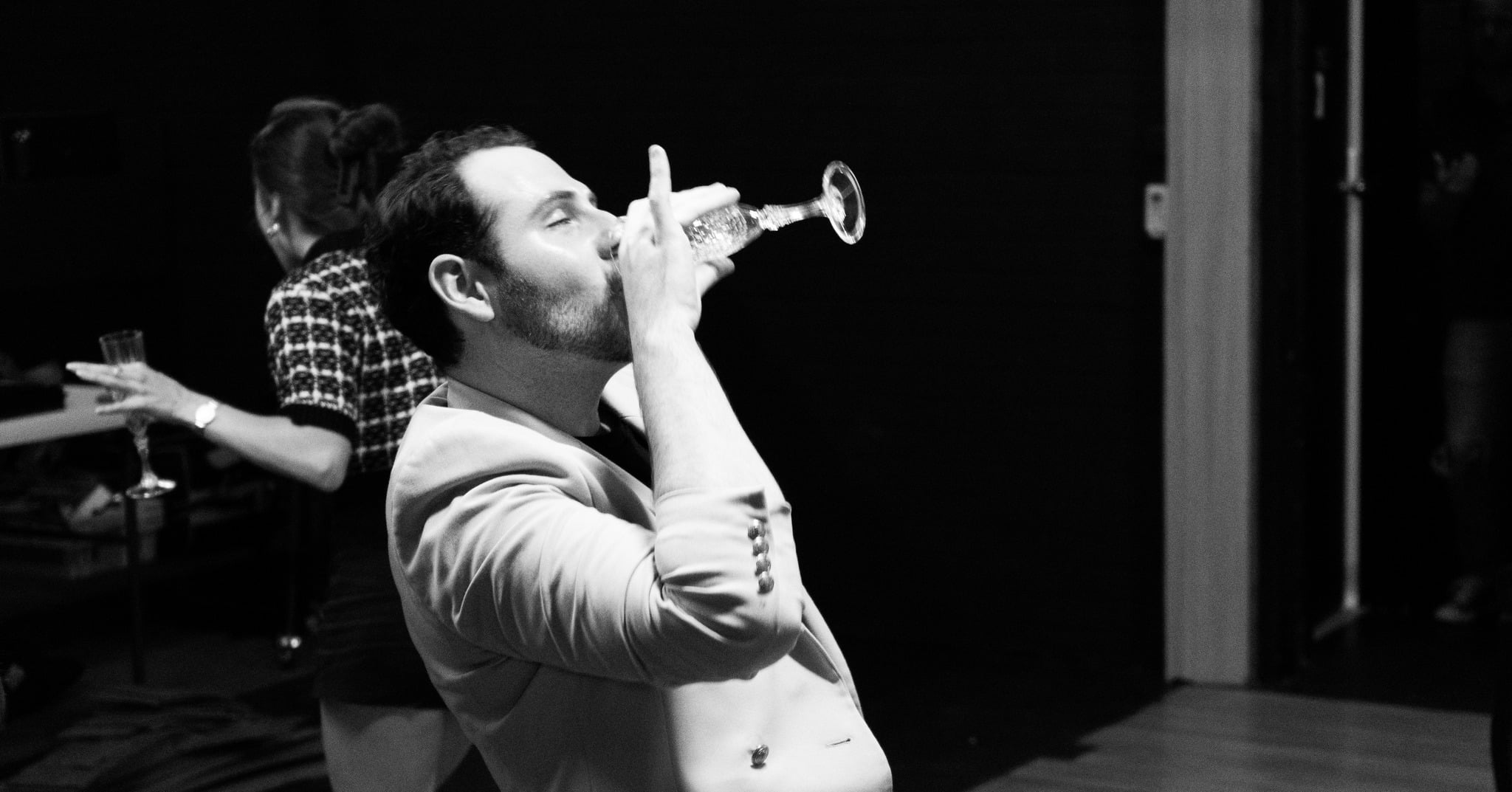
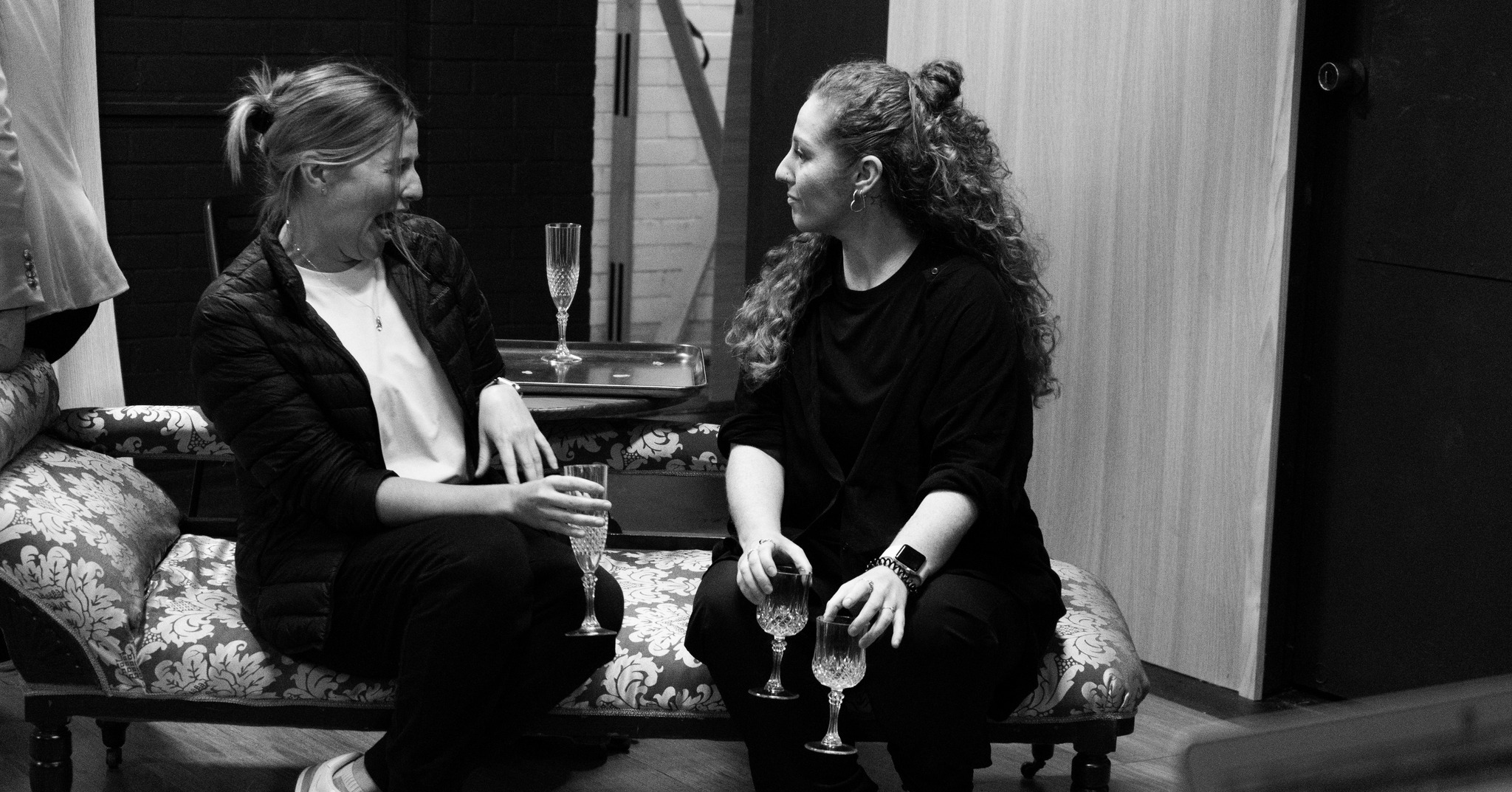
At one point, Alex Watson almost rouses the audience to a standing ovation with Charley Kringas’ spitfire speech/singing. Chelsea Burton plays several characters, but as Meg Kincaid, she’s almost irresistible. Liam O’Byrne creditably camps up his characters. Two young fellows, Edward Hill, and Milo White, apparently play the role of Frank Jr. It seems Milo can look forward to a career in show biz.
Kudos to musical director Ben Murray, choreographer Tess Hill, and the crew for fitting the many facets together in this frolic. It’s fabulous. Most astonishing was the de-aging that all the characters embodied. Originally, when Sondheim first put the show on Broadway in the 1930’s, it was created for a cast of teenagers, and young adults, and wasn’t much of a success. This production of the show demonstrates that it really should have been.
This is the first time the production has been brought to a Queensland stage, and if Friday’s show is anything to go by, it will not be the last. It plays until Thursday, June 6 at Ad Astra, 57 Misterton Street in Fortitude Valley. You can learn more by going to https://www.adastracreativity.com.
This review also appears on It’s On The House. Check out more reviews at Whats The Show to see what else is on in your town.

